Under-Education in Africa: From Colonialism to Neoliberalism is a collection of essays on diverse aspects of educational systems that were written over a period of four and a half decades, written from the point of view of an activist educator.
With the focus on Tanzania, they cover education in the German colonial era, the days of Ujamaa socialism and the present neo-liberal times. Themes include the social function of education, the impact of external dependency on education, practical versus academic education, democracy and violence in schools, the role of computers in education, the effect of privatization on higher education, misrepresentation of educational history, good and bad teaching styles, book reading, the teaching of statistics to doctors and student activism in education.
Two essays provide a comparative view of the situation in Tanzania and the USA. Linking the state of the educational system with society as a whole, they explore the possibility of progressive transformation on both fronts. They are based on the author’s experience as a long-term educator, his original research, relevant books, newspaper reports and discussions with colleagues and students.
The author is a retired professor of medical statistics who has taught at colleges and universities in Tanzania and at universities in the USA and Norway.



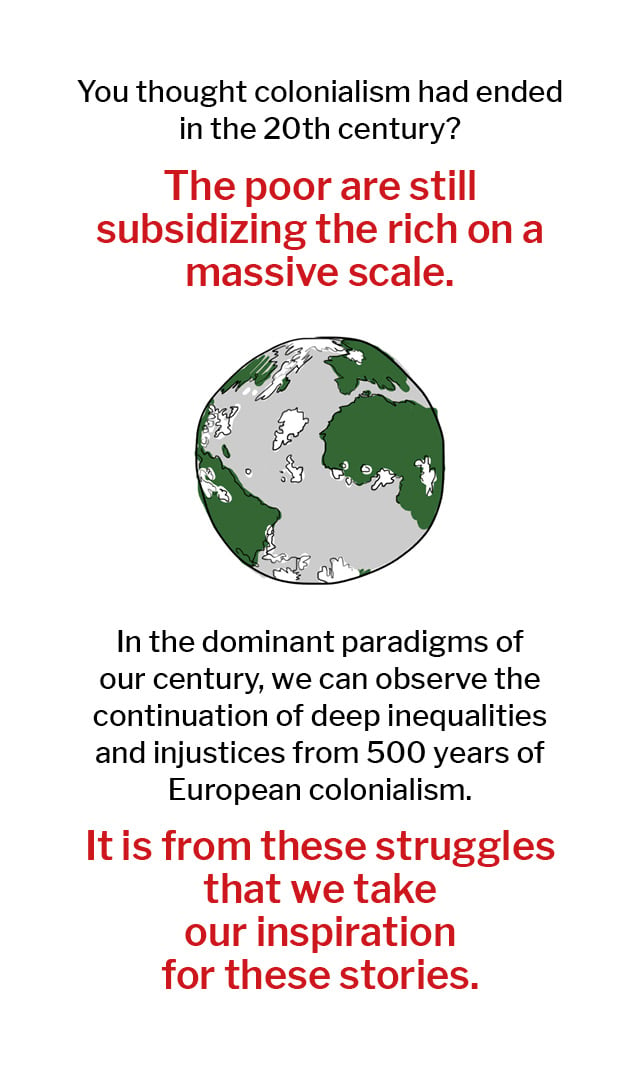
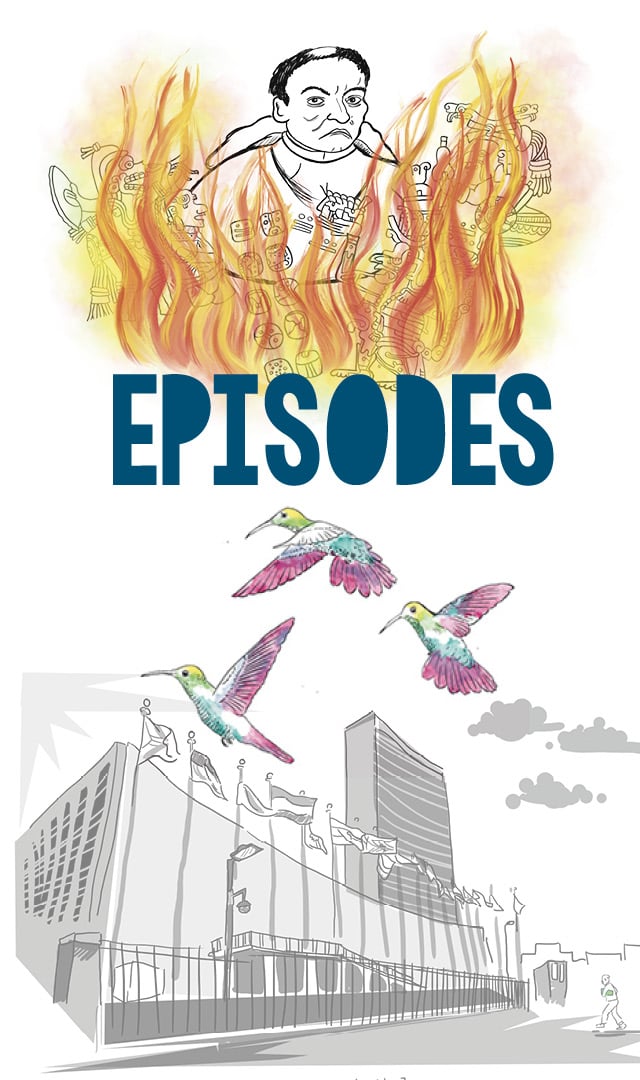
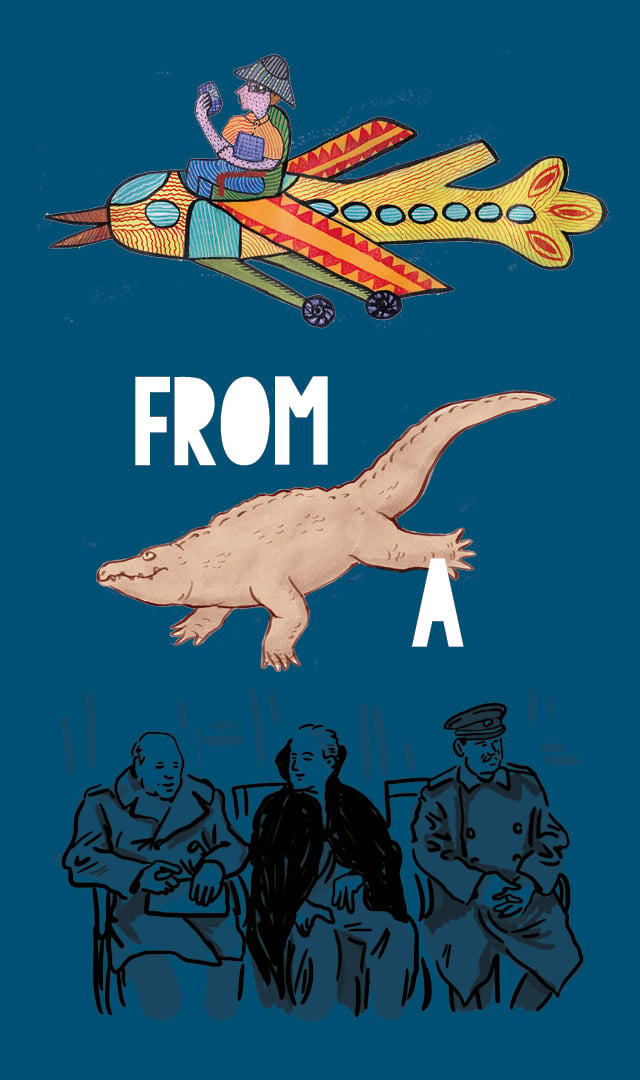
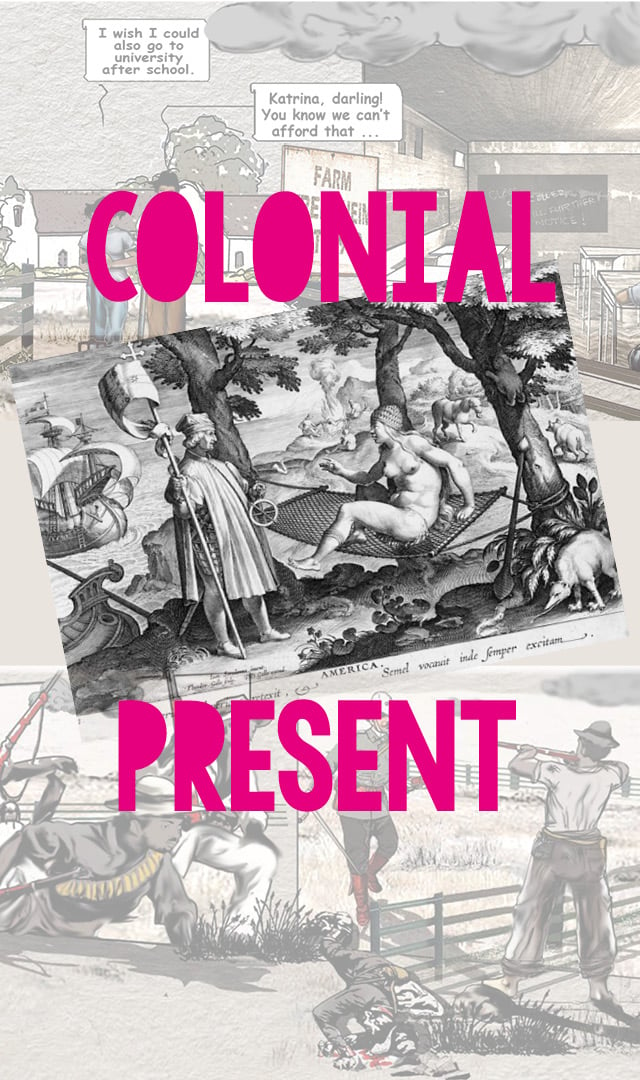


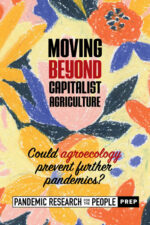



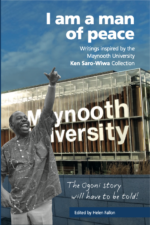

Joachim Zeller
The collaborative anthology focuses on the profound inequalities and injustices as a result of “1492”. The authors and artists look closely and stumble upon the violence resulting from the colonial past, which is inherent in global inequality. Lights are being topped the coloniality of our everyday life today. At the same time, reference is made to the decolonializing potential of the everyday struggles of activists. The detailed introduction explains the postcolonial approach of the book. The collaboration on the artistic level, through dialogue and solidarity, has given hope, it says. Last but not least, the non-profit project sees itself as a contribution to the commitment to development education. A literature list in the appendix rounds off the volume. The moving “Episodes from a Colonial Present” must not be missing in any postcolonial library! Joachim Zeller https://www.iz3w.org/artikel/rezension-zeller-episodes-colonial-present-bendix
CLIP-Editorial
In nine stories, (post)colonial conditions are linked to the personal experiences of the authors and the historical conditions of colonial life are made transparent. This is what the story is about the story of tracking trauma. The German Genocides at Home and Abroad, the complexity demanded by the FES and illustrated, as the Nama groups changed alliances in connection with the German colonial aggression: “The Witbooi (/Khowesin) initially fought against the Ovaherero, then closed peace and fought side by side with the Ovaherero under German command against other peoples. 43). An explanatory text states: “Today, 70 percent of the private land belong to a few thousand whites, most of which are German-speaking farmers” (p. 45). They wanted a German version in all waiting rooms of our perpetrator country. https://www.cilip.de/2024/12/05/literatur-78/